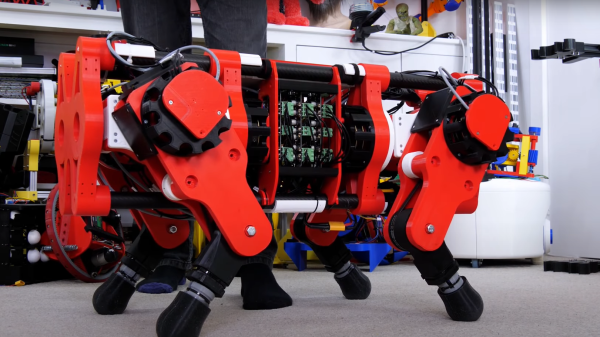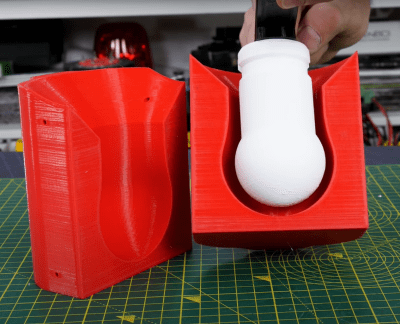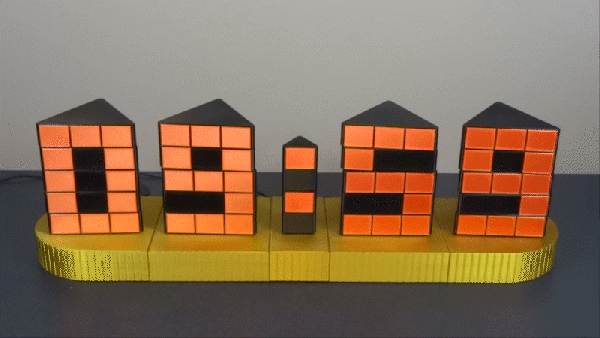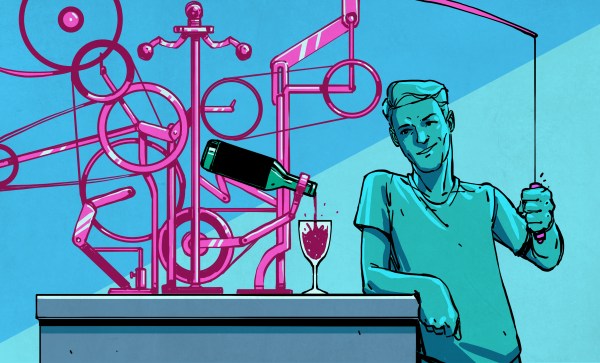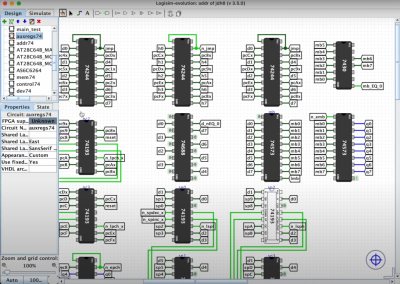When a government decides to take a look at your particular field of experimentation, it’s never necessarily a cause for rejoicing, as British motor vehicle enthusiasts are finding out through a UK Government consultation. Titled “Future of transport regulatory review: modernising vehicle standards“, the document explains that it is part of the process of re-adopting under UK law areas which have previously been governed by the European Union. Of particular interest is the section “Tackling tampering”, which promises a new set of offences for “tampering with a system, part or component of a vehicle intended or adapted to be used on a road“.
They go into detail as to the nature of the offences, which seem to relate to the production of devices designed to negate the safety or environmental features of the car. They’re at pains to say that they have no wish to target the legitimate car modification world, for example in motorsport or restoration, but it’s easy to see how a car hacker might inadvertently fall foul of any new rules. It’s worried the enthusiasts enough that a petition has been launched on the UK parliamentary petition site, making the point that the existing yearly MOT roadworthiness test should fulfill the function of taking any illegal vehicles off the road.
We’re always wary when governments wander into our purview, and given where this is being written it’s fair to say that British governments have had their fair share of ill-considered laws in their time. But before we call doom upon the future of car hacking for Brits, it’s worth remarking that they don’t always make a mess in this arena. The rules for the Individual Vehicle Approval test for putting a home-built car on the road are far from a bureaucratic nightmare for example, instead being a relatively sensible primer in building a safe motor vehicle.
So we’d suggest not to panic just yet, but perhaps any British readers might like to respond appropriately to the consultation and the petition in the interests of nudging them in the right direction.
Thanks [Adam Quantrill] for the tip.


